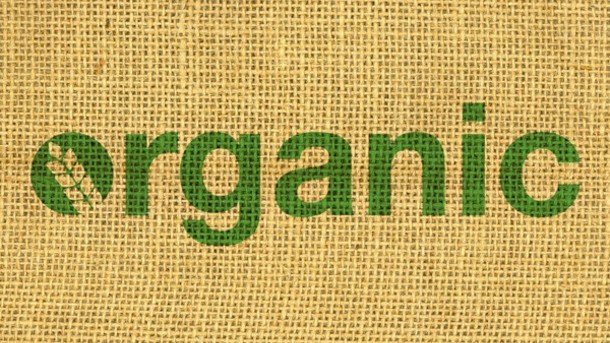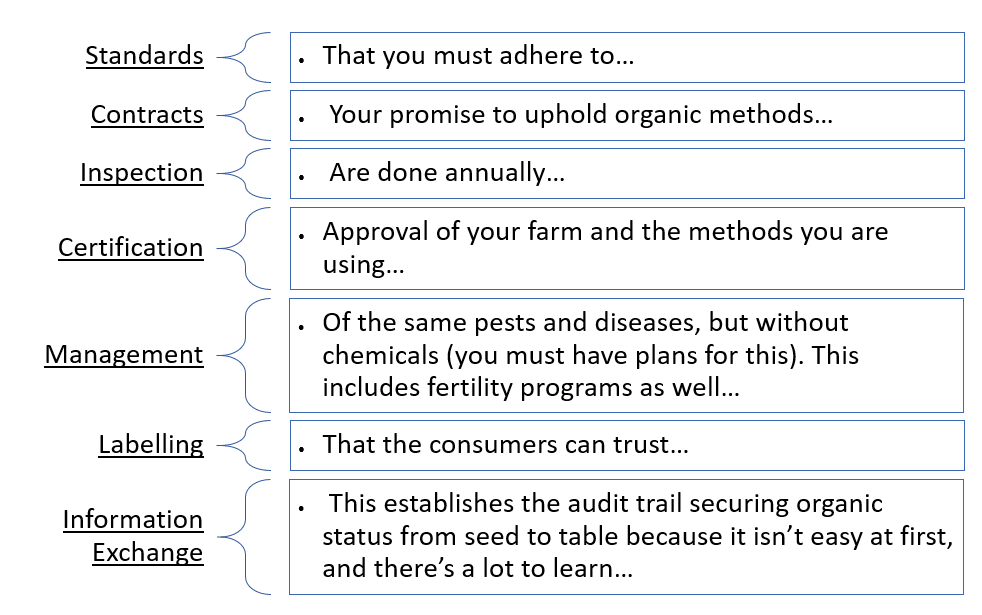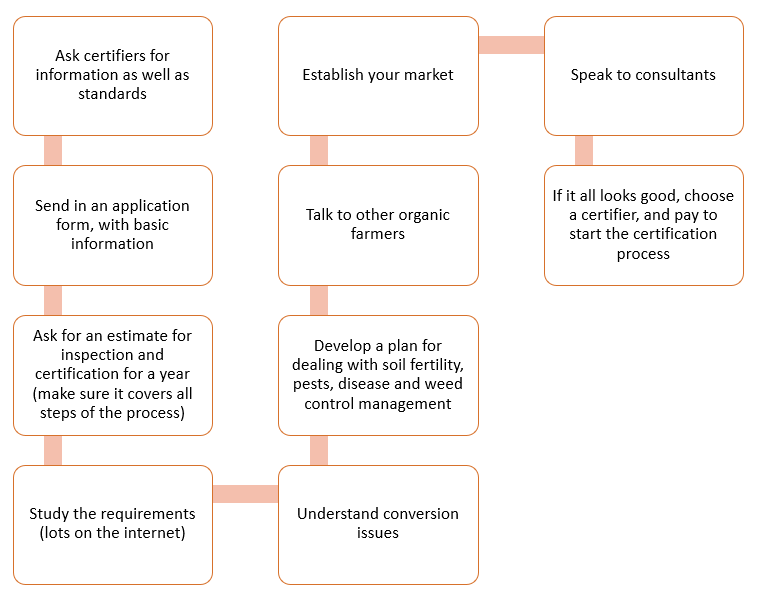Certification: a necessary step for exporting fruit and vegetables as organic.
Click here to view a video that explains the introduction to organic certification.

Certification
There are two levels of organic classification namely Organic Certification and Organic in Conversion.
A certified organic product means that they produce and the farming process has been inspected over a period by an independent, specialist certification agency to verify organic authenticity to the consumer. This process normally takes place over a timeframe of about 3 years. During the process, producers may communicate on products that they are “organic in conversion” (as may be seen for example on some major retailer’s products).
These certification organisations really have only one reason for existence: to provide assurance to the consumer that products and organisations which claim to be organic, really do meet organic standards. Several certification agencies exist across the country. Any certification program should be able to give you their standards upon request and will usually comply with the International Federation of Organic Movement (IFOAM) standards.
Look for the certification seal or name of the certification agency label. When you see this claim, it means:
- No harmful chemicals have been applied for at least 3 years.
- The farmer and processor have annual certification inspections.
- They have kept detailed records of their practices and have a recorded audit trail.
- They use ecologically friendly methods and substances to improve the soil and control pests.
Organic agriculture could provide employment opportunities for millions of small farmers and for women and youth groups, together with economic and financial benefits. The purpose of the sector’s National Policy on Organic Production discussion document is to map out the way to make this a reality.
Certification – you cannot be “organic” by default
Why Should you Certify?
- Products look the same as conventional products.
- Consumers have a right to know that production has been organic (especially if paying more).
- To protect farmers who are following the rules from the bad reputations of those who are not.
- To obtain access to high-value markets, in South Africa and abroad.
Certification is a way to ensure that products are in line with local and international standards set.
Click here to view a video that explains the steps to organic certification.
Elements of a Certification System

What Should You Do?

Inspections
The inspection is a verification of information obtained through the application documentation.

Possible Outcomes of Certification

Click here to view a video that explains recordkeeping systems for organic certification.